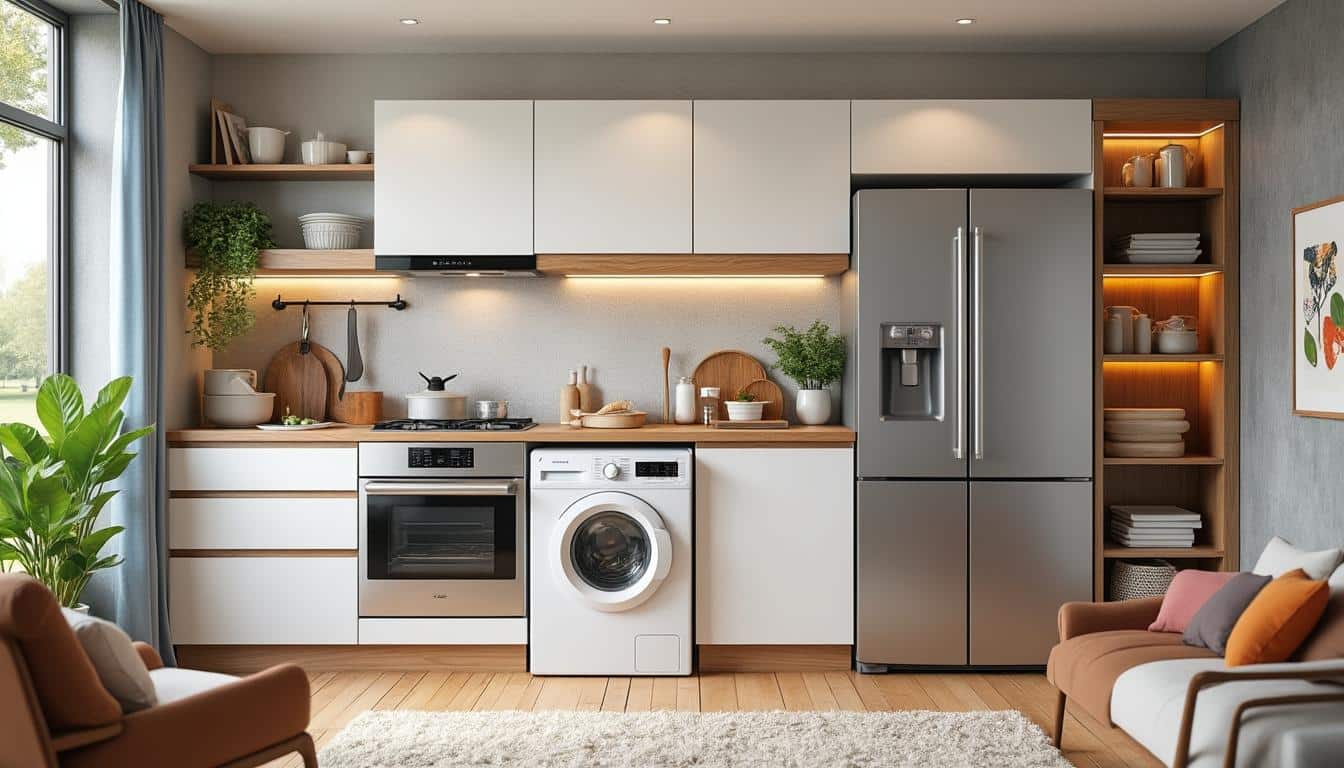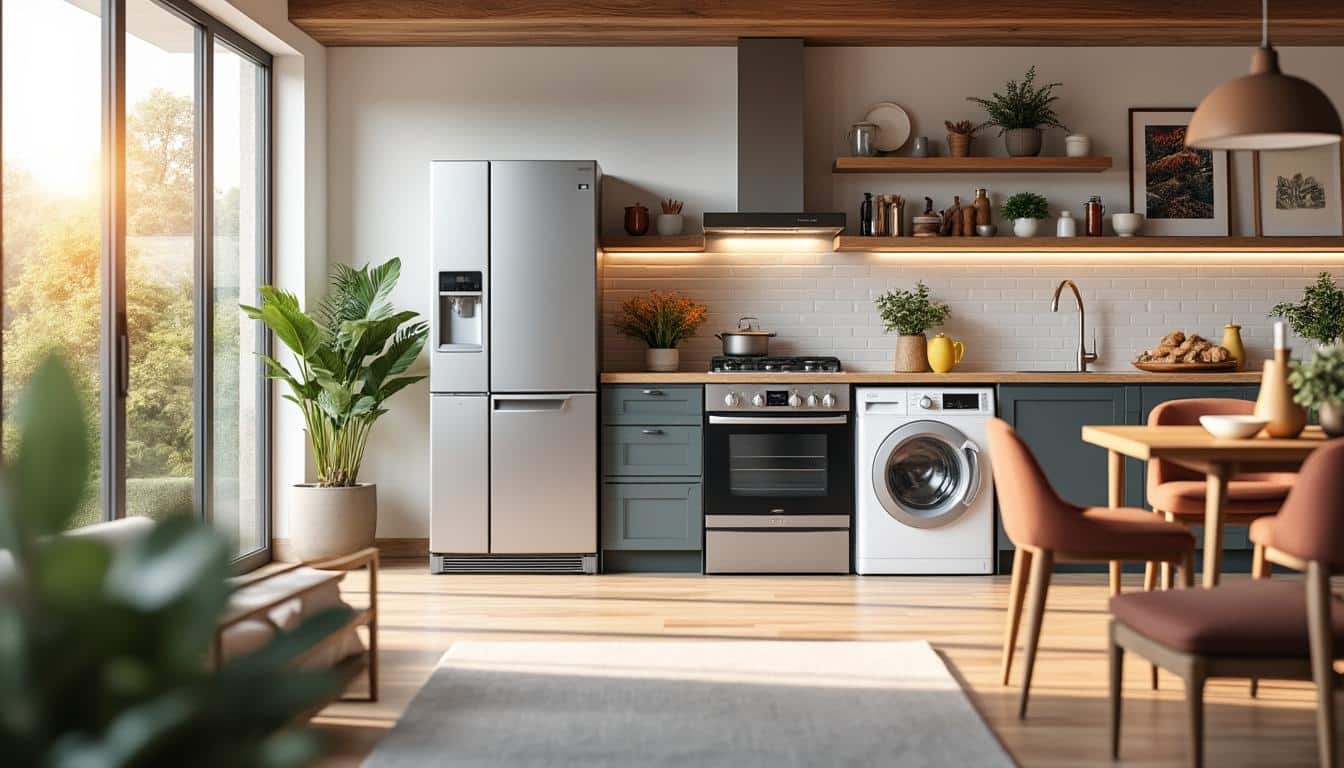Welcome to the world of data and cookies.
Every click, every visit, helps shape your online experience.
Let’s discover together how these elements influence our digital interactions.
We use cookies and data to provide and maintain Google services, track outages, and protect against spam, fraud, and abuse. Additionally, we measure audience engagement and site statistics to understand how our services are used and improve their quality. If you choose to « Accept all, » we will also use cookies to develop and improve new services, promote and measure the effectiveness of advertisements, as well as display personalized content and ads, according to your settings. Conversely, if you opt to « Reject all, » we will not use cookies for these additional purposes. Non-personalized content is influenced by elements such as the content you are currently viewing, activity in your active search session, and your location. Non-personalized ads depend on the content you are viewing and your general location. Personalized content and ads may also include more relevant results, recommendations, and tailored advertisements based on your past activity on this browser, such as your previous searches on Google. We also use cookies and data to tailor the experience to be age-appropriate, if relevant. Select « More options » for additional information, including details on managing your privacy settings. You can also manage your privacy settings at any time.

In a world where the population is aging rapidly, the silver economy is emerging as a key sector, offering new opportunities for manufacturers of household appliances. This trend reflects a necessary adaptation to the specific needs of seniors while paving the way for significant technological and social innovations.
Why is the silver economy becoming a priority for household appliance manufacturers?
The increase in life expectancy and the aging of the global population have led to a growing demand for products suitable for seniors. Manufacturers of household appliances recognize the importance of designing ergonomic, user-friendly, and safe products for this market segment. By focusing on the silver economy, these companies are not only addressing a social necessity but also a considerable economic opportunity.
According to a recently published study, the purchasing power of seniors continues to grow, making it an attractive market. Furthermore, seniors are looking for products that enhance their quality of life, independence, and safety at home. This dynamic drives manufacturers to innovate and rethink their product ranges to better meet these specific expectations.
What technological innovations are emerging in the silver economy?
Technological advancements play a crucial role in adapting household appliances to the needs of seniors. Smart devices integrating the Internet of Things (IoT) enable the creation of safer and more comfortable home environments. For instance, refrigerators equipped with sensors can monitor food expiration dates, while smart washing machines automatically adjust cycles based on loads and fabric types.
Moreover, the integration of voice assistance in household appliances facilitates their use for individuals with physical or cognitive limitations. This technology allows users to control their devices simply by using their voice, thereby reducing the effort needed to perform daily tasks.
Another example of innovation is the development of autonomous household robots capable of performing cleaning, cooking, or even health monitoring tasks at home. These technological solutions help improve seniors’ autonomy and reduce their dependency on caregivers.
How are manufacturers integrating safety into their products for seniors?
Safety is a top priority in the design of household appliances aimed at seniors. Manufacturers implement features such as automatic locking mechanisms, non-slip surfaces, and alert systems in case of malfunctions or emergencies.
For example, smart ovens may include overheating detectors and automatic shut-off mechanisms, thereby minimizing fire risks. Likewise, washing machines and dryers can be equipped with sensors that adjust temperature and cycle duration to prevent accidents related to handling hot appliances.
Furthermore, some appliances are designed with simplified interfaces and easy-to-understand controls, thereby reducing the risk of user errors. These safety measures contribute to creating a safer and more comfortable home environment for seniors.
What are the economic benefits of the silver economy for household appliance manufacturers?
Investing in the silver economy presents numerous economic benefits for manufacturers of household appliances. By targeting a rapidly expanding market, companies can diversify their revenue sources and ensure long-term growth. Additionally, retaining senior customers, who are often more loyal and willing to invest in quality products, strengthens the financial stability of businesses.
Manufacturers also benefit from ongoing innovation in this area, which can position them as market leaders and enhance their reputation. By developing innovative and tailored products, companies can differentiate themselves from the competition and attract a new and loyal customer base.
Moreover, engagement in the silver economy can open up partnership opportunities with health organizations, public institutions, and associations dedicated to seniors. These collaborations can facilitate access to new markets and enhance manufacturers’ credibility in this sector.
What strategies do manufacturers adopt to meet the needs of seniors?
To effectively meet the needs of seniors, manufacturers of household appliances adopt several key strategies. First, they invest in research and development to create innovative and intuitive products. This includes simplifying user interfaces, improving ergonomics, and adding specific features such as safety alarms and maintenance notifications.
Next, they implement flexible production processes that allow customization of products based on individual user preferences. This personalization can translate into color options, size adjustments, or specific configurations tailored to the physical capabilities of seniors.
Additionally, manufacturers work closely with geriatrics experts and organizations dedicated to seniors to better understand the challenges they face and adapt their products accordingly. These partnerships facilitate feedback collection and ongoing product improvement.
What challenges do manufacturers face in the silver economy?
Despite the promising opportunities, manufacturers of household appliances facing the silver economy encounter several challenges. One of the main obstacles is adapting products to the diverse needs of seniors, who exhibit significant variations in terms of physical and cognitive abilities as well as personal preferences.
Moreover, researching and developing advanced technologies can represent significant investments, requiring rigorous cost management to remain competitive in the market. Manufacturers must also navigate a complex regulatory framework, ensuring that their products meet safety and accessibility standards specific to seniors.
Finally, raising consumer awareness and educating them about the benefits of new appliances can be a challenge. Effectively communicating the features and benefits of products is essential to encourage adoption by seniors and their families.
How do collaboration and partnerships strengthen the silver economy?
Collaboration and partnerships play a crucial role in the development of the silver economy. By joining forces, manufacturers of household appliances can combine their technical expertise and resources to create innovative and comprehensive solutions. These alliances also allow for sharing financial risks and maximizing the impact of research and development investments.
For instance, some manufacturers collaborate with technology companies to integrate smart devices into their products, while others work with health institutions to develop appliances that meet the specific medical needs of seniors. These partnerships promote knowledge exchange and accelerate the innovation process.
Additionally, collaborations with organizations supporting seniors and charitable associations can help manufacturers better understand the real needs of end-users and design more suitable products. These partnerships also enhance the credibility and trust that consumers have in manufacturers, thus facilitating the adoption of new technologies.
What are some successful examples of the silver economy in the household appliance sector?
Several companies have already made their mark in the household appliance sector with successful initiatives in the silver economy. For instance, The Silver Business has rekindled interest in senior-adapted solutions in China, highlighting innovations such as smart kitchens and advanced home security systems.
Another notable example is the initiative by companies and social groups from Hong Kong, who have joined forces to develop a platform dedicated to the senior economy. This collaboration has combined various resources to offer innovative products and services, thereby strengthening Hong Kong’s position in this rapidly expanding sector.
Moreover, companies like Samsung have developed smart household appliances featuring specific functionalities for seniors, such as simplified interfaces and automated alerts in case of need. These initiatives showcase manufacturers’ ability to adapt and meet the demands of an evolving market.
What does the future hold for the silver economy in the household appliance sector?
The future of the silver economy in the household appliance sector looks promising, with continued growth anticipated as the global population ages. Manufacturers are increasingly aware of the importance of this market and are investing heavily in innovation to address the specific needs of seniors.
The coming years are expected to see the emergence of even more advanced technologies, such as artificial intelligence and robotics, integrated into household appliances to provide even more personalized and autonomous solutions. Moreover, there will be an emphasis on sustainability and energy efficiency, responding to the growing demand for environmentally friendly products.
At the same time, collaboration between the private and public sectors will be essential to create a favorable ecosystem for the growth of the silver economy. Public policies supporting research and development, as well as awareness initiatives, will play a crucial role in the future success of this sector.
Finally, the evolution of mindsets towards a more inclusive society that respects the needs of seniors will strengthen the importance of the silver economy. By recognizing the value and potential of this market segment, manufacturers of household appliances will continue to innovate and offer products that enhance seniors’ quality of life while stimulating economic growth.
The impact of the silver economy on the daily lives of seniors
The integration of the silver economy into household appliances has a significant impact on the daily lives of seniors. These innovations not only facilitate household tasks but also promote the autonomy and well-being of elderly individuals. For instance, smart ovens and automated cooking systems reduce the physical effort required to prepare meals, while connected refrigerators help effectively manage food stocks.
Furthermore, integrated monitoring technologies in household appliances contribute to better home security. Smart smoke detectors and automated alert systems can prevent domestic accidents and notify emergency services if needed, thus offering peace of mind to seniors and their families.
Adapted household appliances also promote the maintenance of social ties and interaction with loved ones. For example, some connected washing machines and dryers allow users to share information about washing cycles via mobile apps, facilitating coordination with family members or caregivers.
In sum, the silver economy transforms the daily lives of seniors by making household tasks easier, safer, and integrated into a comprehensive technological ecosystem that supports their independence and quality of life.
Ethical considerations in the development of household appliances for the silver economy
The development of household appliances aimed at the silver economy also raises important ethical questions. Manufacturers must ensure respect for users’ privacy and data security, especially when integrating connected technologies and monitoring devices. It is essential to guarantee that seniors’ personal information is not compromised or used for unauthorized purposes.
Additionally, the accessibility of technologies is a major ethical consideration. Manufacturers must ensure that products are designed inclusively, taking into account the varying physical and cognitive abilities of seniors. This includes creating intuitive user interfaces, providing adequate technical support, and ensuring that devices are easy to use for all segments of the elderly population.
Finally, it is crucial to promote a user-centered approach in the development of household appliances. This means involving seniors in the design and testing process of products to ensure their needs and preferences are fully understood and integrated into the proposed solutions.
By addressing these ethical considerations, manufacturers can not only create more respectful and suitable products but also strengthen user trust and satisfaction, thereby contributing to the long-term success of the silver economy.
« `html








